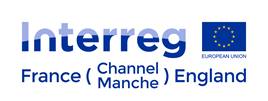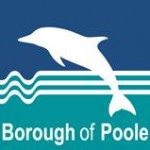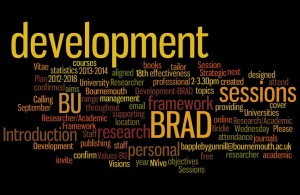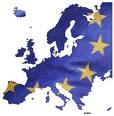 Have you thought about applying to the European Research Council (ERC) for funding? Although the funding calls are not yet open, it may be worth starting on your proposal now as calls are published every year.
Have you thought about applying to the European Research Council (ERC) for funding? Although the funding calls are not yet open, it may be worth starting on your proposal now as calls are published every year.
Starting Grants: For 2015, a combined total of €429 million was given to 291 early-career researchers, with the greatest number (48) being awarded the UK and an overall success rate of 12%. For 2016, the ERC received 2935 applications (an increase of (+0.5%). The highest number of applications were from Physical Sciences and Engineering (1299), followed by Life Sciences (854, a decrease of -3%), and Social Science and Humanities (782, an increase of +3%).
Starting Grants are for researchers who have 2-7 years of experience since the completion of a PhD and a track record of excellence, you may be eligible for up to €1.5 million for projects lasting up to five years.
Consolidator Grant: For 2015, the ERC gave a combined €585 million to 302 successful applicants for an overall sucess rate of 15%. For 2016, the number of applicants increase by 12% from the previous call with the highest number of applications was submitted from Physical Sciences and Engineering (1075), followed by Life Sciences (713), and Social Science and Humanities (516).
The Consolidator Grant is a fund with up to €2 million available for researchers with 7-12 years of experience since the completion of a PhD who also have a demonstrable record showing scientific talent and excellence.
As part of the first phase of a two phase application process, evaluators will first judge the synopsis and CV of the applicant to see if the work is ground-breaking in nature, ambitious and feasible. The evaluators will also judge the track record of the applicant to see if they have the proven intellectual capacity (through publication), creativity (novelty) and commitment (through a track record of managing previous projects).
If you are interested in applying to these funds, please contact Emily Cieciura, the Research Facilitator for EU & International funding or your relevant faculty Funding Development Officer.
 We have been advised by Marie Pandolfo, External Funding Manager for the Borough of Poole, that they are hosting an Interreg event.
We have been advised by Marie Pandolfo, External Funding Manager for the Borough of Poole, that they are hosting an Interreg event. al and transitional water ecosystems in the France-England INTERREG V Programme
al and transitional water ecosystems in the France-England INTERREG V Programme




 Serendipity can be a wonderful thing.
Serendipity can be a wonderful thing. 
![InnovateUK_LogoA_Interim_RGBx320govuk[1]](http://blogs.bournemouth.ac.uk/research/files/2014/12/InnovateUK_LogoA_Interim_RGBx320govuk11-300x90.jpg) European Funding for the Creative Industries
European Funding for the Creative Industries













 Upcoming opportunities for PGRs – collaborate externally
Upcoming opportunities for PGRs – collaborate externally BU involved in new MRF dissemination grant
BU involved in new MRF dissemination grant New COVID-19 publication
New COVID-19 publication MSCA Postdoctoral Fellowships 2024
MSCA Postdoctoral Fellowships 2024 Horizon Europe News – December 2023
Horizon Europe News – December 2023